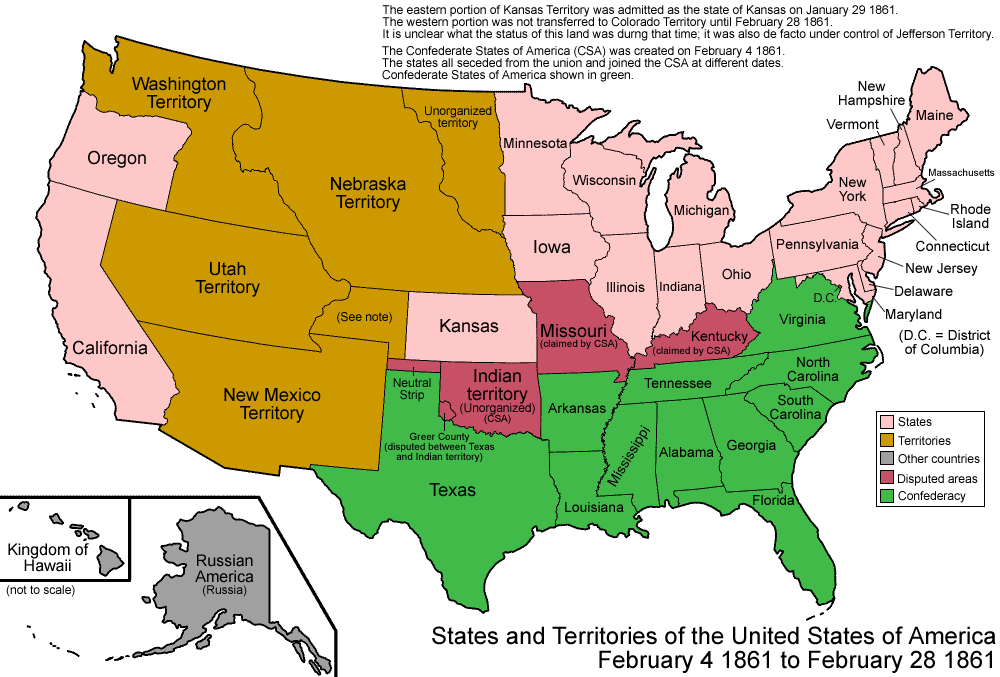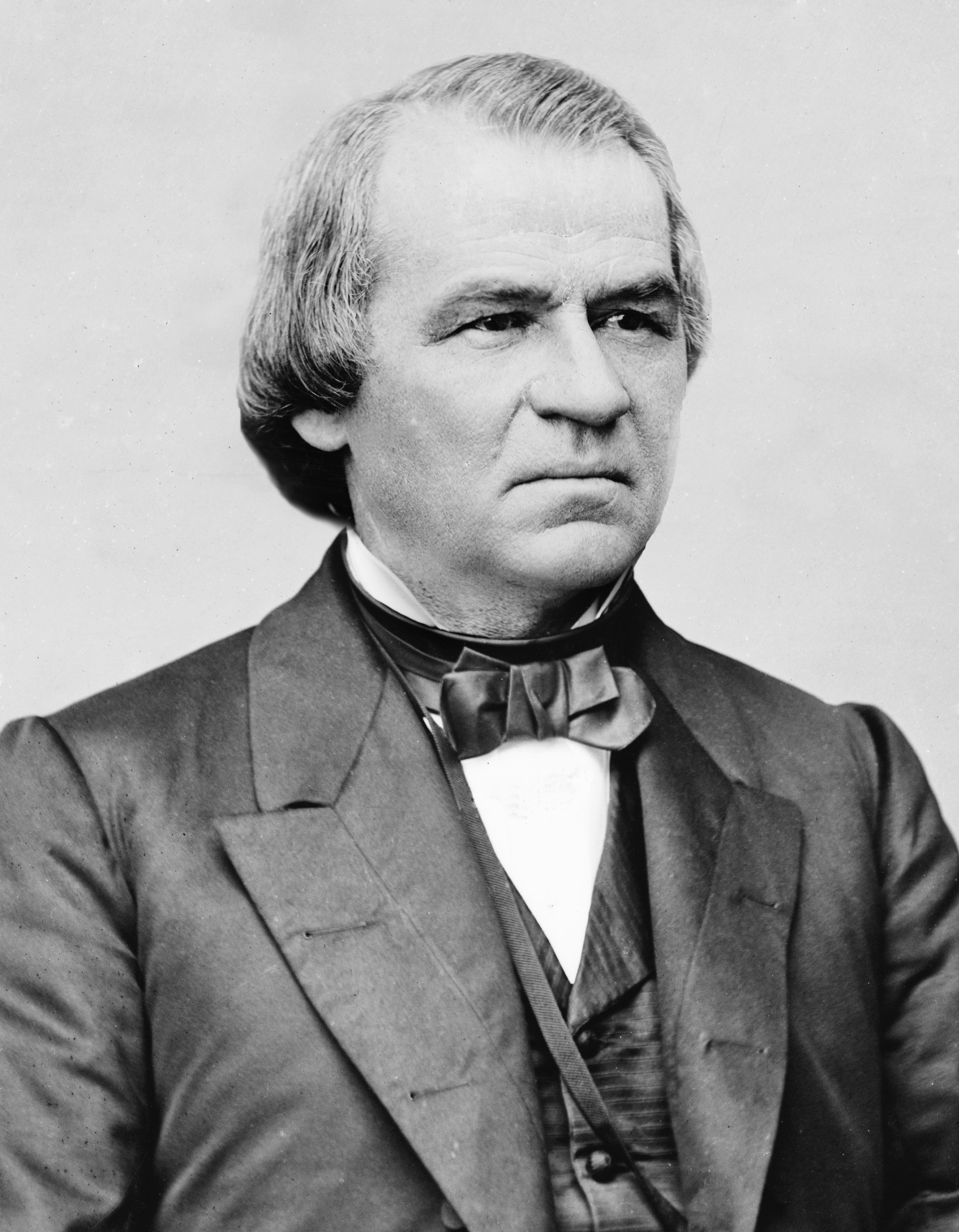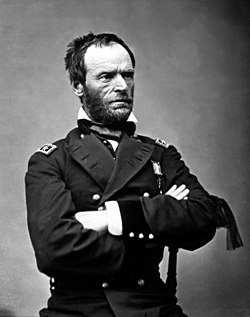The American Civil War
The War
The Union v. Confederate

What caused the war?
Economic and social differences between the North and South.
State v. Federal Rights
Fight between Slave and Non-Slave State Proponents
Growth of Abolition Movement
Election of President Abraham Lincoln
The Union's Victory over the South
Social Reconstruction of the South

Emancipation Proclamation
Amendments

13th

14th

15th

Freedman's Bureau

Ten Percet Plan
Important People of the Civil War

Abraham Lincoln: Former lawyer of Illinois who became president in the election of 1860 and guided the Union through victory in the Civil War. Lincoln was assinated by John Wilkes Booth on April 14, 1865, at Ford's Theatrein Washington, D.C. After Lincoln's death Andrew jackson was elected president.

Ulysses S. Grant: Union General and Civil War Hero who went on to defeat Horatio Seymour in the presdential election of 1868.

Andrew Johnson: Former governer and senator from Tennessee who became president after the assination of Abraham Lincoln. Lincoln chose Johnson as his running mate in the 1864 election to persuade the conservative border states to remain in the Union. Johnson was no friend of the south however he was not interested in securing rights for former slaves.
Impeachment

Robert E. Lee

Thomas J. "Stonewall" Jackson

William T. Sherman
Important Terms

Carpetbaggers: Nickname for Northerns who moved to the South after the Civil War, named for the tendency to carry their possesions in large carpetbags. Carpetbaggers promoted modernization, education, and civil rights for former slaves in the South.
Black Codes: Laws that were passed across the South in response to the Civil Rights Act of 1866, resctricting blacks' freedom of speech, freedom of assembly, legal rights, outlawing unemployment, loitering, vagrancy, and iterracial marriages.
Freedman's Bureau: A government agency established by Congress in 1865 to distrivute food, supplies, and confiscated land to former slaves.

Ku Klux Klan: America's first terroist group. A secret society of racist whites formed in Tennessee in 1866 to terrorize blacks.
Presdential Reconstruction: President Andre johnson's plan for Reconstruction, which lasted 1865/1867. Johnson, a Democrat form Tennesse allowed southern states to reenter the Union, but only after 10mpercent of the voting population took loyalty oaths to the United States.
Radical Reconstruction: The period from 1867-1877 when Radical Republicans controlled the House of Representatives and Senate, advocating for civil liberties andd enfranchisment for former slaves. This party was known for harsh policies toward the secessionist South.
